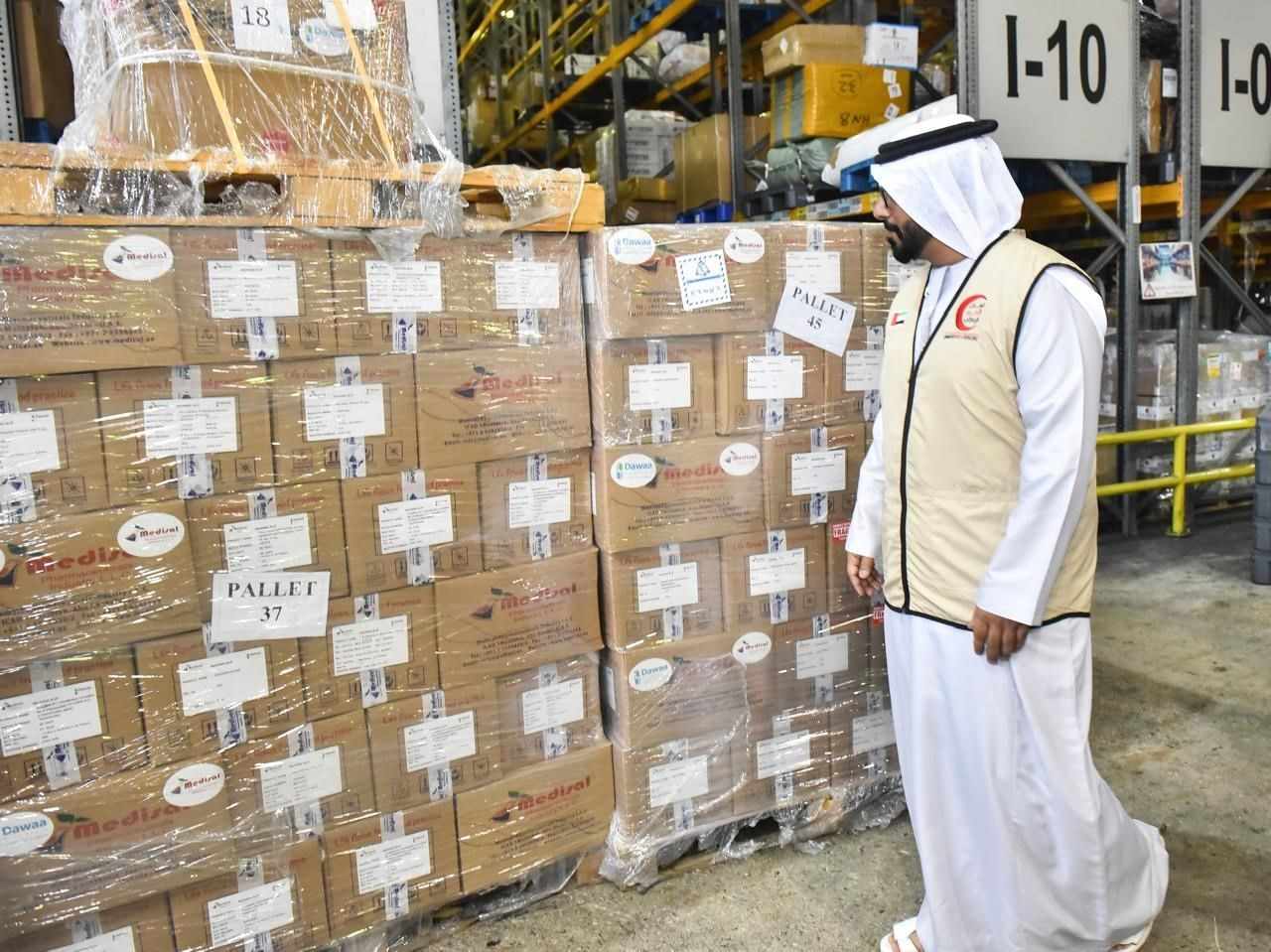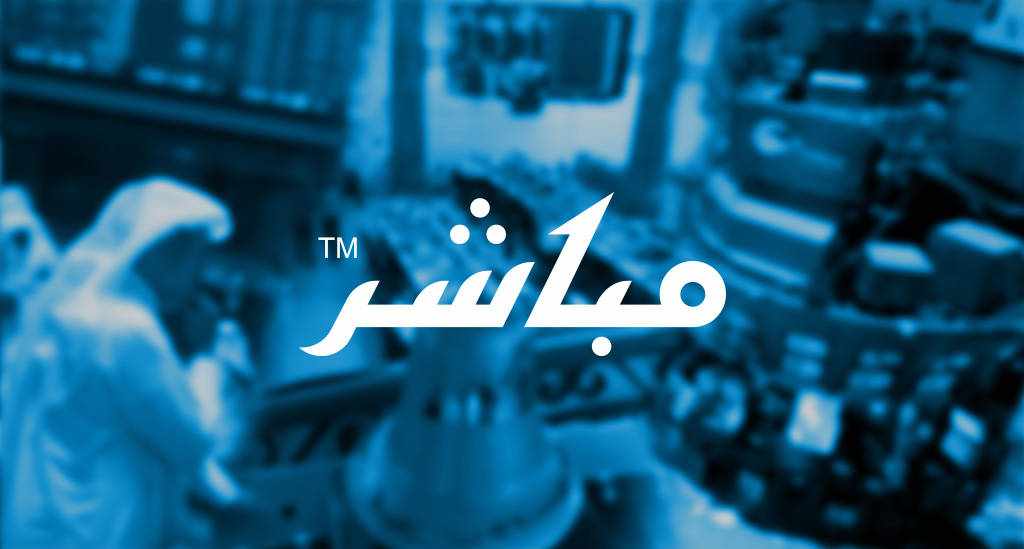Bangladeshi scientists launch IsDB-funded eco-friendly homes in Rohingya camps
- Date: 28-Apr-2022
- Source: Arab News
- Sector:Healthcare
- Country:Saudi Arabia
Bangladeshi scientists launch IsDB-funded eco-friendly homes in Rohingya camps
DHAKA: Bangladeshi scientists have introduced eco-friendly housing to Rohingya refugee camps in Cox’s Bazar using a new durable material developed in a project financed by the Jeddah-based Islamic Development Bank. Bangladesh hosts more than 1.1 million Rohingya who fled neighboring Myanmar during a military crackdown in 2017. Most of them live in Cox’s Bazar district, a coastal region in the country’s east, which with the arrival of Rohingya, became the world’s largest refugee settlement. The location, climate and topography of Cox’s Bazar make it vulnerable to natural hazards and extreme weather events such as cyclones, landslides and flash floods. The Rohingya crisis has increased the size of the population, creating new environmental risks due to deforestation and infrastructure pressure. The construction of sustainable housing based on jutin — a combination of jute fiber and resin — has been spearheaded in Cox’s Bazar by the Dhaka-based ICDDR,B (formerly known as the International Centre for Diarrhoeal Disease Research, Bangladesh), one of the world’s leading global health research institutes that also undertakes environmental intervention work. “The houses made of jutin are heat resistant, which means people will feel significantly cooler temperatures while living in these houses compared with outside temperatures,” project coordinator Dr.





















